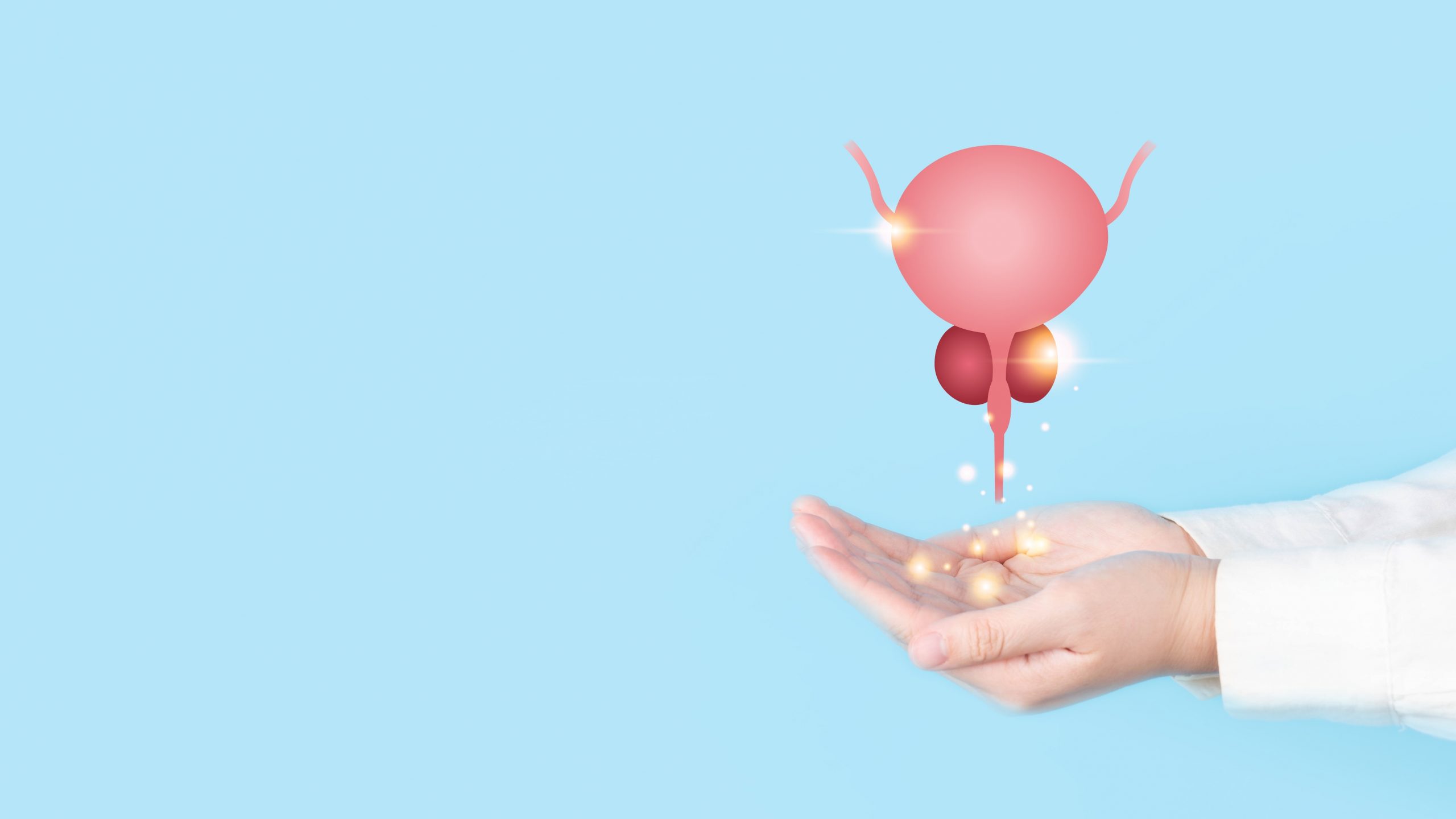The prostate is a small gland located below the bladder in men. As they age, many men experience changes in prostate health, such as an enlarged prostate or prostate-related conditions. While medical treatments are available, some individuals prefer natural remedies to support prostate health. Natural remedies offer several benefits, including reducing symptoms, promoting overall prostate function, and supporting general well-being. In this article, we will explore the benefits of natural remedies for prostate health and discuss some popular options.
- Reducing Symptoms of BPH: Benign prostatic hyperplasia (BPH), or an enlarged prostate, is a common condition among older men. Natural remedies can help reduce the symptoms associated with BPH, such as frequent urination, weak urine flow, and incomplete emptying of the bladder. Saw palmetto, a popular herbal supplement, has been shown to alleviate urinary symptoms related to BPH.
- Promoting Prostate Health: Natural remedies can promote overall prostate health by supporting its normal function and minimizing the risk of prostate-related conditions. Certain herbs, including green tea, turmeric, and stinging nettle, possess anti-inflammatory and antioxidant properties that can help protect prostate cells from damage and reduce the risk of prostate issues.
- Supporting Urinary Health: Natural remedies can support urinary health by reducing inflammation and promoting proper bladder function. For example, pygeum africanum, an herb native to Africa, has been traditionally used to support urinary flow and maintain a healthy urinary system.
- Hormonal Balance: Maintaining hormonal balance is crucial for prostate health. Some natural remedies, such as saw palmetto and pygeum africanum, may help regulate hormone levels, particularly dihydrotestosterone (DHT), which is involved in the development of prostate conditions. By promoting hormonal balance, these remedies can support prostate health.
- Antioxidant Protection: Many natural remedies for prostate health, including herbs like pomegranate and green tea, are rich in antioxidants. Antioxidants help neutralize harmful free radicals in the body, reducing oxidative stress and inflammation. By providing antioxidant protection, these remedies can support prostate health and reduce the risk of prostate-related conditions.
- Immune Support: A healthy immune system is essential for preventing and fighting prostate infections and diseases. Some natural remedies, such as zinc and vitamin C, can help boost immune function, protecting the prostate from potential infections and supporting its overall health.
- Prostate-Specific Nutrients: Certain nutrients have been specifically associated with prostate health. For example, lycopene, a powerful antioxidant found in tomatoes, has been linked to a reduced risk of prostate cancer. Selenium, found in foods like Brazil nuts and seafood, is another nutrient that supports prostate health and plays a role in cell protection.
- Holistic Approach to Health: Choosing natural remedies for prostate health encourages a holistic approach to overall well-being. Natural remedies often promote healthy lifestyle habits, such as a balanced diet, regular exercise, stress management, and adequate hydration, all of which contribute to optimal prostate health.
- Fewer Side Effects: Natural remedies generally have fewer side effects compared to pharmaceutical medications used for prostate conditions. While it’s important to consult with a healthcare professional before starting any new supplements, natural remedies are generally well-tolerated and can offer a safer alternative or complementary approach to conventional treatments.
- Personal Empowerment: Opting for natural remedies empowers individuals to take an active role in their prostate health. By incorporating natural remedies into their daily routine, men can actively support their prostate health and overall well-being.
While natural remedies can be beneficial for prostate health, it’s important to remember that every individual is unique. Consulting with a healthcare professional is recommended to












